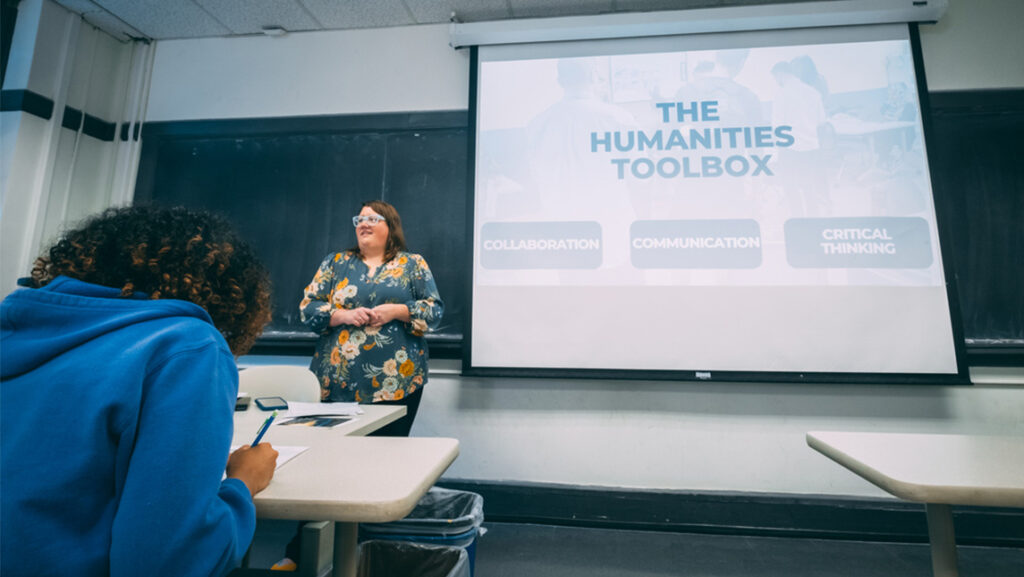UNCG Associate Professor Omar Ali’s most recent book, Malik Ambar: Power and Slavery across the Indian Ocean (Oxford University Press, 2016), focuses on the African diaspora in the Indian Ocean. It’s a biography that teaches us the fluidity of identity.
Malik Ambar was born in Ethiopia in the 16th century and taken into slavery as a child. He eventually ended up in India. But there, he arose from slavery to become a powerful military and political leader in western India. It’s a story that sounds, in some ways, as though it were made for Hollywood.
 Ambar’s ascension to power was possible, Ali says, because Islamic conventions allowed for a degree of social mobility for those who were enslaved. In the Indian Ocean world slavery wasn’t codified by race the way it was, ultimately, in America.
Ambar’s ascension to power was possible, Ali says, because Islamic conventions allowed for a degree of social mobility for those who were enslaved. In the Indian Ocean world slavery wasn’t codified by race the way it was, ultimately, in America.
“Among other things, the African Diaspora in the Indian Ocean world teaches us that race, like any other identity, is socially and politically constructed. After all race is a function of power.”
“We, as society, can choose to continue re-creating ‘race’ in all its institutional and cultural forms—or not,” concludes Ali. “And so is it the case with other forms of identity, be it identities based on ideology or partisan affiliation.”
Ali, the 2016 Carnegie Foundation North Carolina Professor of and Interim Dean of Lloyd International Honors College, is a historian of the African diaspora studies independent voter movements. The spring 2016 edition of UNCG Research magazine, which comes out this April, profiles him and his work on independent voters.
By Mark Tosczak



